At the beginning of March 2021, the Pedersen & Partners Private Equity Practice Team and the Healthcare & Life Sciences Practice Team had the pleasure of jointly welcoming Andrew Thompson, a Silicon Valley entrepreneurial leader who has been a frequent presenter for the World Economic Forum.
Recognised as a thought leader in Healthcare and Technology, Mr. Thompson has raised over $750 million in private, public and corporate capital over the course of his career in his capacity of Founder and Chief Executive.
The team enjoyed a lively and inspiring discussion, and discussed several topics at length, including Mr. Thompson’s insights on bridging the potential of technology with the practice of healthcare.
We share a summary of the findings below, while expressing our sincere gratitude to Mr. Thompson for his valuable insights.
The healthcare challenge
At least half of the world’s population do not have access to basic healthcare. Every year, about 100 million people are pushed into extreme poverty due to out-of-pocket health expenses. Population growth, an increasing number of patients with chronic diseases, and the need to provide new, innovative and affordable treatments are just a few hurdles countries must overcome. Achieving global access to healthcare will require a fundamental shift in the way resources are allocated.
Technology drives a fundamental change
More technologists are working today than they have been over the rest of history combined, so change is happening fast. If you want to know what is going to fundamentally shift the allocation of resources over the next 10 years, it’s a good idea to look back at the last 100 years. The mobile internet and associated digital technologies are a transformative shift; these technologies are remaking all our lives socially, politically, economically, and militarily. They are an opportunity to create a fundamental shift in the way resources are allocated.
The tech industry has created a fundamental shift in the way computing resources are allocated. There are three keys to making this happen:
- Consumerise – a cell phone, not a workstation; more computing power is now owned by consumers than by governments and corporations combined
- Systematise – tech ecosystem that enables a seamless experience; all the complexity is dealt with by producers, not by consumers
- Globalise – sell to everyone, not just rich people in rich countries; most people who own a mobile device make less than $10 a day
Changing the healthcare business model to serve customers Different approaches: US, Europe and Emerging Economies
The key to a fundamental shift in healthcare is what happens in the USA – the most advanced and expensive system, serving as a benchmark for the rest of the world. We don’t have a healthcare system. We have a sick care system. The system was designed in the last century to deal with the major problems of the time: acute disease and trauma. It does the job for which it was designed quite well, and it uses the best technology of the 20th century. It is driven by revenue: producers, payers, providers, and politicians all like healthcare inflation. The only people who would like healthcare to cost less are patients, but they are not part of the healthcare business model in the USA.
Covid may accelerate the creation of a healthcare system that makes use of the best technologies we have today. The potential of a building where you plug in to electricity can be magnified by the power of a mobile device where you log on to the internet. The capacity and expertise of people with knowledge in their heads is potentially massively extended by software and servers with intelligence in the cloud. Products designed to be safe in everybody and work in somebody could become services – tailored to you, your genes and your lifestyle, delivered where you live, work, and play, in ways that you see, measure and understand, at a price you can afford to pay.
European healthcare is also a sick care system, largely government-funded, where the key economic drivers are cost saving and budget compliance. The challenge is again incumbency and creating a change in purpose (from sick care to healthcare) in scaled human systems that is very hard to achieve.
Then there are emerging markets – will people in China see things differently? Potentially, but only if they don’t use business models that are based on the tools of the last century. The problem with healthcare and how it works in many emerging markets (India for instance) is that they try to replicate the US healthcare system in many ways, and thus create another magnificent dinosaur-style system that no one can afford. The opportunity for India is to leapfrog into a very different healthcare market that is consumer-driven, based on mobile phones, and addresses the basic and most obvious healthcare needs. The opportunity is not so much about China versus America or India, but about a generation of young, smart people who see the discontinuity, and who see new business models that can fundamentally change the way in which large industries work. Alongside that, governments can contribute through smart regulatory policy that makes it possible for these new companies to succeed.
Adding value as a VC
It is important to figure out what questions you are going to ask and in what order: Does this make a difference for a patient? Will this make money? Adding value as a VC is backing technology that makes a difference for patients, and then working to ensure there is a business model that will make money. It is not backing technology that will make money, and then working to ensure it makes a difference for patients.
Raising Money
Raising money for an early-stage company requires a strong narrative – a story. VCs are some of the most patient, open-minded and least opinionated people you will ever meet. With that in mind, I always encourage folks to realise they have 30 seconds to get them engaged. A great healthcare pitch is:
- This is what I’ve got: a unique technology, a great team, a massive market opportunity, and a fast path into the market
- This is why it’s important: it meets a major clinical need and we have figured out how to align economic incentives for patient, provider, and payer
- This is why you should invest now: we are executing rapidly and we will hit these value driving milestones soon.
Guest Speaker:
Andrew Thompson,
Managing Director and Co-Founder, Spring Ridge Ventures
Moderator:
Alvaro Arias,
Partner, Global Head of Private Equity Practice Group
Guest speaker introduction:
Lydia van der Meulen,
Client Partner, Global Head of Life Sciences & Healthcare Practice Group
Guest speaker introduction:
Beryl Chu,
Client Partner, Private Equity Practice Group



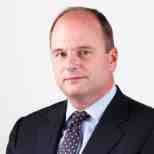
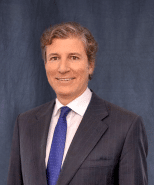
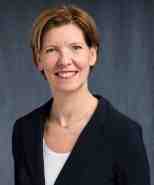


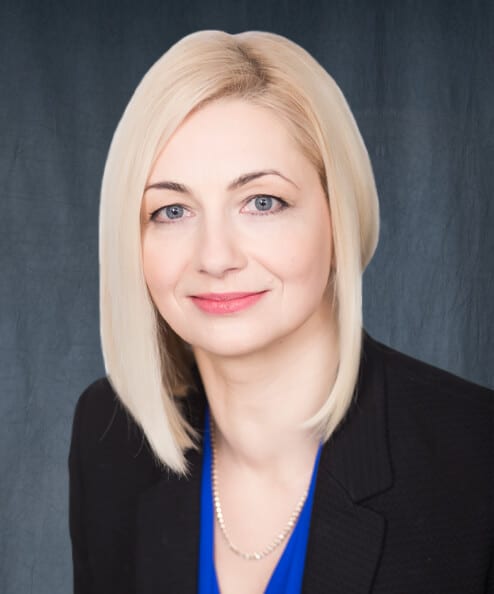

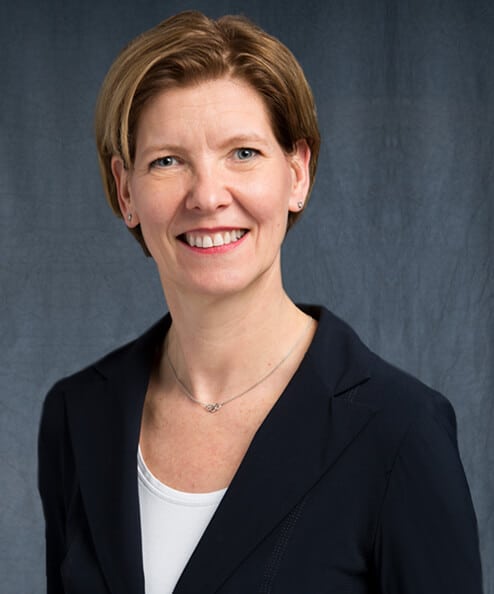 Lydia van der Meulen
Lydia van der Meulen